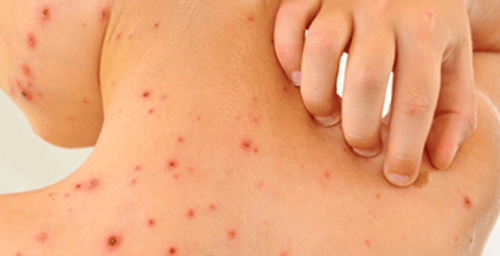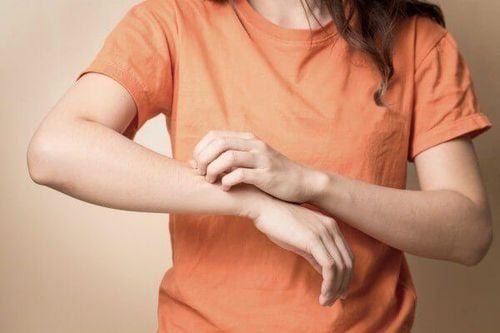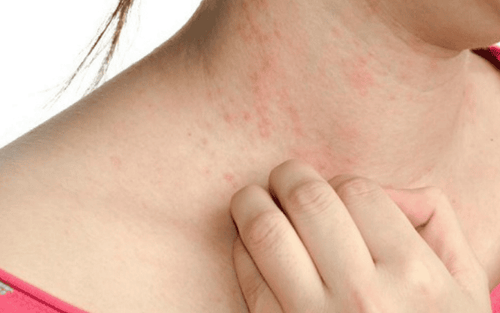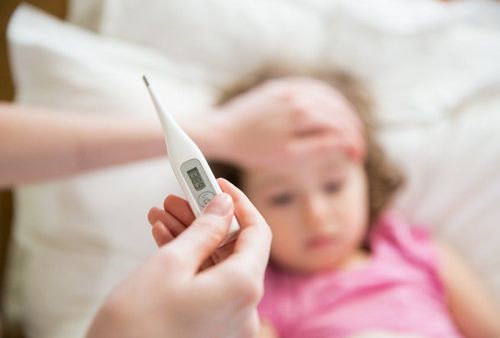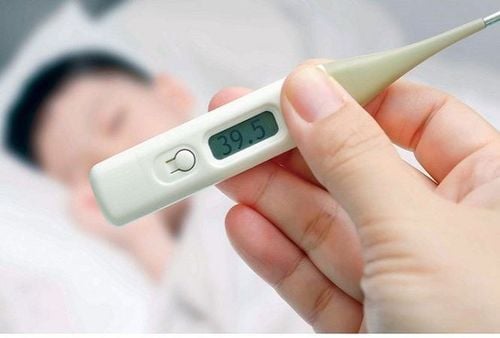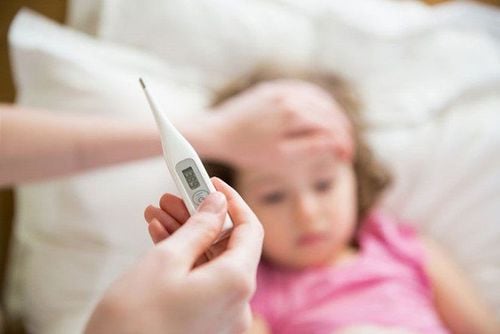This article was professionally consulted by Nguyen Thi Ngoc M.D M.S - General Practitioner, General Health Examination Unit, Vinmec Central Park International General Hospital.
Dengue hemorrhagic fever is an acute infectious disease caused by a virus. It can occur year-round and most prevalently during the rainy season when mosquitoes thrive and transmit the disease. This fever can affect people of all ages and typically manifests in three phases.
1. Stages of Dengue fever
Dengue hemorrhagic fever presents with a wide range of clinical symptoms, from mild to severe. It and can lead to hemorrhagic death if not detected and treated promptly.
The disease progresses through three phases: febrile phase, critical phase, and recovery phase.
Febrile Phase: Usually occurs within the first three days of the illness with the following symptoms:
- Sudden high fever of 39-40°C.
- Fatigue, headache, sore eye socket, joint pain, muscular aches, and possibly upper respiratory tract infection.
- Loss of appetite, nausea, and vomiting.
- Flushed skin and possibly petechiae.
Critical Phase (or Hemorrhagic Phase): Typically occurs on days 3-7 of the illness. Fever may subside or persist, and diverse hemorrhagic signs may appear (due to decreased platelet count), ranging from mild to severe.
- Mildest hemorrhagic sign is petechiae: small red spots under the skin, often accompanied by itching.
- Nosebleeds, bleeding gums, and non-menstrual bleeding or menorrhage in women.
- Gastrointestinal bleeding’s signs: Black stools, bloody stools, or vomiting blood or blood clots.
- Severe bleeding includes hemorrhagic stroke and intra-abdominal hemorrhage which can be life-threatening.
- Due to blood concentration, if not adequately rehydrated, patients may experience hypotension and, in severe cases, shock due to reduced circulating volume.
- If patients exhibit symptoms such as restlessness, agitation, or lethargy, severe vomiting, unexplained abdominal pain, severe headache, oliguria, signs of bleeding, they should be taken to the hospital for immediate treatment.
Recovery Phase: Fever subsides for more than 48 hours, patients feel less tired, generally improved, have an increase in appetite, and urinate more frequently. Platelet counts begin to increase.

2. How dangerous is Dengue fever?
Dengue fever is a dangerous infectious disease due to its wide range of symptoms, which can vary from mild to severe; since there is currently no specific treatment or prevention for dengue fever, it can pose a serious threat to patients' lives due to various types of bleeding.
If you experience symptoms of dengue fever, instead of ignoring them, seek medical examination and monitoring to prevent life-threatening complications.
3. Caring and treatment for patients with Dengue fever
Dengue fever currently has no specific treatment. The main treatment is symptom management combined with a care regimen.
3.1. Symptoms Management
- Fever reduction: For fevers below 38.5°C, use physical methods such as applying warm compresses to the forehead, armpits, groin, and wearing loose-fitting clothing. For fevers above 38.5°C, combine warm compresses with paracetamol at a dosage of 10-15 mg/kg every 4-6 hours (do not replace it with ibuprofen or aspirin because they aggravate the hemorrhage). Note that children with a history of seizures should take medication when their fever reaches 38°C.
- Fluid and electrolyte replacement: Drink plenty of water, use Oresol or Hydrite to replenish fluids and electrolytes. In cases of moderate to severe dehydration with excessive vomiting, intravenous 0.9% Sodium chloride may be administered.
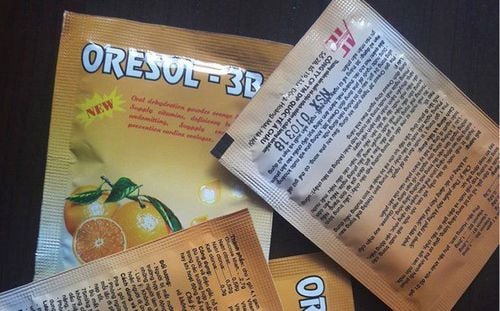
3.2. Care Management
- The patient should limit physical activity and rest in bed.
- Consume a digestible diet, drink plenty of water, Oresol or fruit juices.
- Limit the consumption of foods that are red, brown, or black in color to avoid confusion with gastrointestinal bleeding.
- If receiving outpatient treatment, monitor the patient closely for any signs of worsening symptoms or lack of improvement. Seek immediate medical attention if necessary.
4. Prevention of Dengue fever
Currently, there is no specific prevention for dengue fever, so prevention primarily focuses on mosquito bites through the following measures:
- Eliminate mosquito breeding sites by covering all water containers to prevent mosquitoes from laying eggs, placing fish into water containers, cleaning water containers regularly, and maintaining clean living areas.
- Prevent mosquito bites: Wear long sleeves and pants, sleep under a mosquito net, use mosquito repellents, mosquito coils, and insect repellent lotions…
Dengue fever progresses through three stages, with the most dangerous period occurring between the third and seventh days, when complications can arise and be life-threatening. Early recognition of symptoms and seeking medical attention at a reputable healthcare facility for diagnosis, treatment, and monitoring of potential complications is crucial.
To arrange an appointment, please call HOTLINE or make your reservation directly HERE. You may also download the MyVinmec app to schedule appointments faster and manage your reservations more conveniently.





